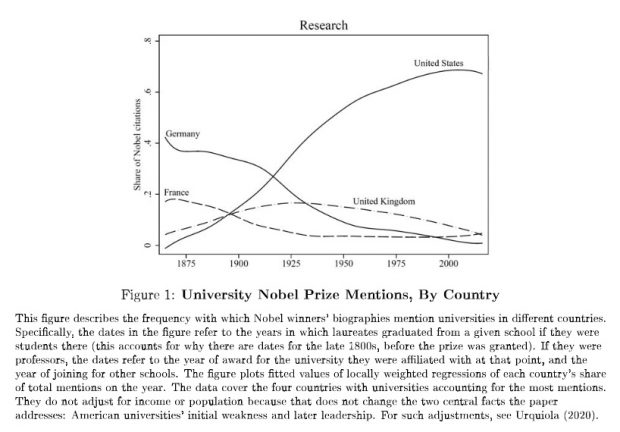Unbefristung / Tenure einer Arbeitsstelle heisst nicht, daß der Arbeitgeber einen Arbeitnehmer bis zur Rente (oder darüber hinaus) arbeiten lässt. Das ist weder in Deutschland noch in Amerika so. Emeriti an deutschen Universitäten können allerdings wie in Amerika weiter arbeiten, da sie nur entpflichtet werden. Angestellte an Großforschungszentren gehen dagegen mit dem Ruhestand leer aus und verlieren Rechte an Büro, Labor und Bibliothek, sehr wenige Ausnahmen abgesehen.
Und nicht nur das – zunehmend ist Tenure in der Wissenschaft bedroht. So wurde etwa an der University Wisconsin 2015 (conversation) das 100 Jahre alte Recht auf Unbefristung eingeschränkt mit fatalen Folgen (slate). Weitere Eskalationsstufe sind aus England 2021 mit “Stock out” (Focus) oder 2022 in Texas (CNN) bekannt geworden.
2023 ist der Eingriff in die Wissenschaftsfreiheit in Deutschland angekommen. Nach einer Finanzkrise des Managements [1, 2, 3] wurde 2023 am Helmholtz Zentrum München erstmals “betriebsbedingt” gekündigt. Bei persönlichen Konflikten gab es hier auch schon früher Kündigungen, die Beendigung einer unbefristeten Arbeitsgruppenleiterstelle wegen Restrukturierung ist allerdings ein Novum in der deutschen Forschungslandschaft.

